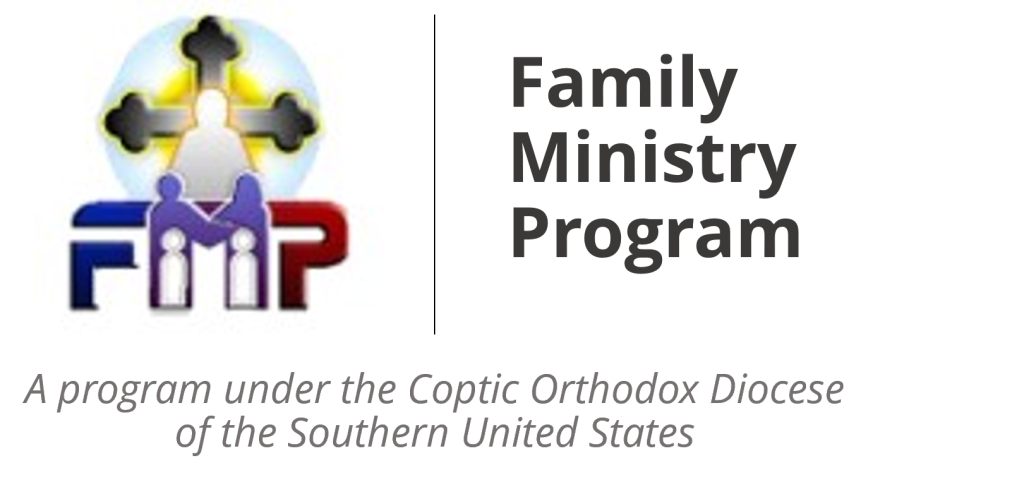Amani Henry, MD, LMHC
- Course Description
The purpose of the course is to introduce students to the Family Systems Theory, the historical and conceptual development of Family Systems Theory, General Systems Theory, and the eight concepts of the theory. The course will also cover family rules, roles, structure and interaction patterns, functional and dysfunctional family systems, life-cycle issues in marriage and family, and family therapy. The course will also discuss applications of Family Systems Theory beyond the family, e.g., in the Church, in the workplace, and in society.
Course assignments will be discussed onsite.
2. Required Text: The Eight Concepts of Bowen Theory (1st Edition),
Dr. Roberta M Gilbert
ISBN-13: 978-0976345510
ISBN-10: 097634551X
Amazon: https://www.amazon.com/Eight-Concepts-Bowen-Theory/dp/097634551X/
3. Course Objectives
- Gain a general idea about Family Systems Theory and its eight concepts.
- Learn about the history of the Family Systems movement and the unique contributions of Murray Bowen, MD.
- Introduce students to “thinking systems,” and the differences between Bowen Family Systems Theory and traditional psychological theory, which is based on the medical model. Students will learn how to apply the theory to his/her own personal family system, and all participants will be sensitized to issues of confidentiality in the classroom.
- Learn about the “Genogram” which functions as an excellent backdrop for the eight interlocking principles that have come to be known as Family Systems Theory.
- Increase knowledge of one’s own family of origin and increase understanding of the role of the family in the development of the individual.
- Become aware of the developmental processed involve in the “normal” family life cycle.
- Become familiar with the role of the lay helper in family systems counseling.
- Become familiar with strategies and techniques for working with families from a variety of ethnic and/or cultural backgrounds.
4. Learning Outcomes
At the end of the course, students should be able to:
- Demonstrate an understanding of the theoretical concepts of family systems theory.
- Demonstrate a theoretical understanding of the differences between individual/intrapsychic and a systemic/interpersonal perspectives of human behavior.
- Demonstrate recognition of system dynamics in individual, couple, family, church and also societal behaviors.
- Demonstrate understanding of the therapeutic relationship, assessment, change techniques and termination of therapy using systems theory.
- Demonstrate an understanding of oneself in relation to one’s own family of origin.
- Demonstrate an understanding of the impact of oneself and context on the therapeutic relationship.
